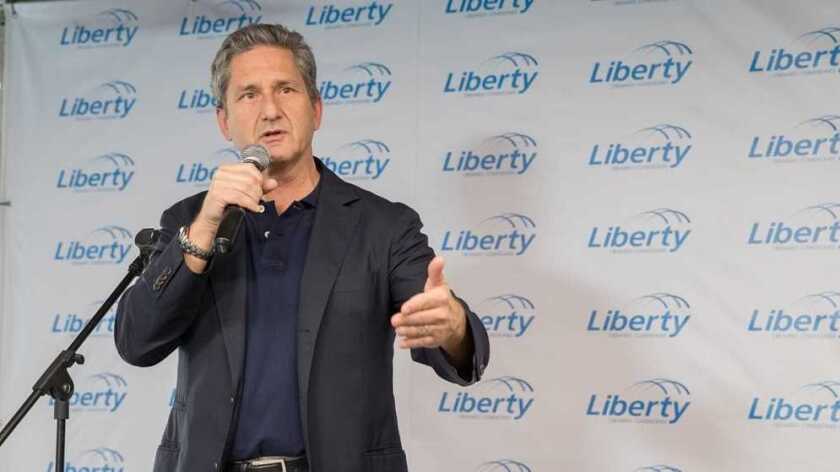As part of the company’s 2019 results, Mike Fries (pictured), CEO of Liberty Global said that for 2020, “our board of directors have authorised a new $1 billion share repurchase plan."
Under the programme, the company has the option to acquire ‘from time to time’ its Class A, Class C ordinary share or any combination of Class A and C ordinary shares. This may take place through public transactions or privately negotiated deals, including derivative transactions.
As for its financial performance, full year revenues decreased by 0.6% to $11,957 million, while revenues for the quarter fell by 0.5% to $2,982 million. Additionally, for the quarter and the full year 2019, decreased 1.1% and 3.5% (year-on-year) YoY, respectively.
In the report the company cites the impact of negative foreign exchange movement, “mainly related to the weakening of the British Pound and Euro against the US dollar”.
Operating income came in at $28252 million in Q4 2019 compared to $252.2 million Q4 2018 – representing an increase of 12% YoY. For the year end, operational income stood at $745.5 million, a decrease of 11.2% compared to $839.1 million for 2018.
This is reportedly due to the net effect of (i) lower operating cash flow, (ii) decreases in depreciation and amortization expense, (iii) increases in share-based compensation expense, and (iv) lower impairment, restructuring and other operating items.
“Looking ahead to 2020, for the full year we are forecasting a mid-single-digit rebased OCF decline, mid-single digit rebased OFCF growth and approximately $1 billion of Adjusted FCF2, which represents 30% year-over-year growth,” added Fries.
At the start of 2020, Liberty Global announced two partnerships. The first a strategic partnership with Infosys to ensure business continuity as the business transfers 300 roles across operations management and service delivery.
The second a multi-year deal with Netflix to continue to offer 11 million customers in Europe to seamless access to the Netflix service.






